The difference and application of cationic, anionic and nonionic PAM - Electronic Paper
Polyacrylamide aqueous solution has good tolerance to electrolytes, such as amine chloride, sodium sulfate, etc., which are not sensitive, and is also compatible with surfactants. 2、 Use difference 1. Application of nonionic polyacrylamide
Nonionic Polyacrylamide Available Top Quality at Best Price From us, you can easily purchase Nonionic Polyacrylamide at great prices. Place online order and we will dispatch your order through DHL, FedEx, UPS. You can also request for a quote by

Uncharged (Nonionic) Polymers - ScienceDirect
This chapter describes the interactions of clay minerals with uncharged (nonionic) polymers, such as poly (vinyl alcohol), polyacrylamide, polyethylene glycol (polyethylene oxide) and polyvinyl pyrrolidone. Although ion–dipole, hydrogen bonding
Get Price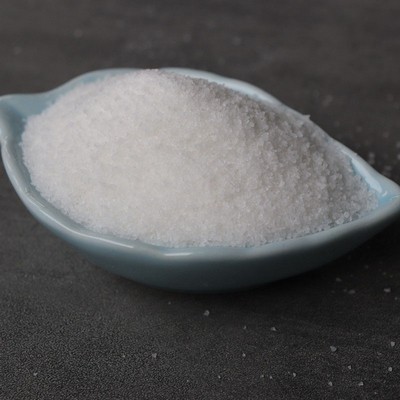
Anionic Polyacrylamide Less Price High Purity Fast Delivery
Anionic Polyacrylamide Stock No NS6130-12-000390 CAS 9003-05-8 Confirm APS 40-50 µm Confirm Purity 99.9% Confirm Molecular Weight 12-25 Million Confirm Form Powder Confirm Color White Confirm Melting Point >150 C Confirm pH 7.0 Confirm ≥88 %
Get Price
Adjuvants for Enhancing Herbicide Performance
include compatibility agents, buffering agents, antifoam agents, and drift control agents. Activator adjuvants: commonly are used to enhance postemergence herbicide performance. can increase herbicide activity, herbicide absorption into plant
Get Price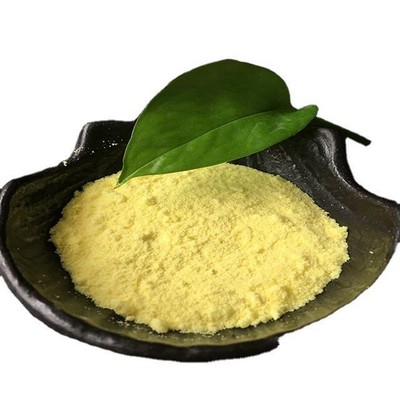
Bonding between polyacrylamide and smectite - ScienceDirect
Abstract. In various applications of polyacrylamide (PAM) in soil erosion control, soil conditioning, water treatment, and oil recovery, the polymer mainly reacts with clay minerals. The objective of this study was to investigate the probable
Get Price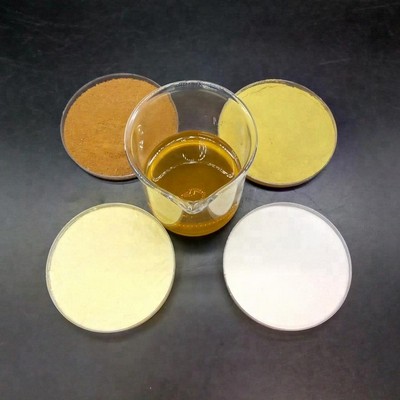
Polyacrylamide Gel Electrophoresis | Cleaver Scientific
Polyacrylamide gel electrophoresis (PAGE) is a technique use almost universally in life science laboratories. The goal of this technique is to separate a mixed sample of proteins to identify and quantify single proteins from the mixture. The
Get Price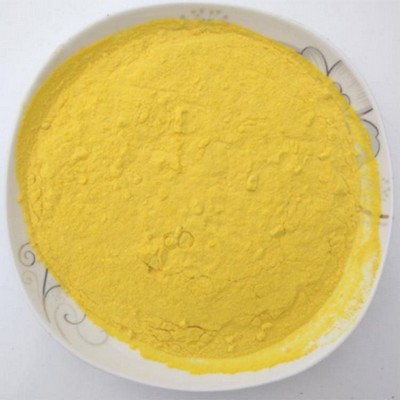
Effect of temperature and low pH on structure and stability of matrix porin in micellar detergent solutions.
Effect of temperature and low pH on structure and stability of matrix porin in micellar detergent solutions. Markovic-Housley Z, Garavito RM. Thermal and low pH stabilities of matrix porin (Omp F) solubilized in the micellar solutions of ionic
Get Price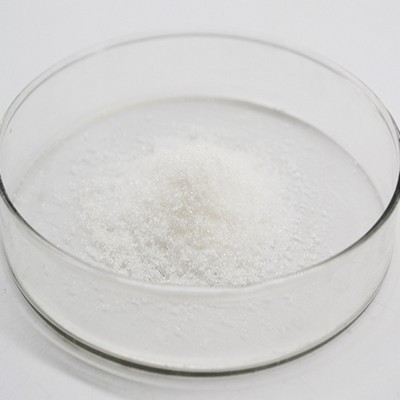
Surfactant-Modulation of the Cationic-Polymer-Induced Aggregation of Anionic Particulate Dispersions
polyacrylamide flocculants (cationic, anionic and nonionic) of varying ionic character in the presence of cetyl trimethyl ammonium bromide (CTAB), SDS, and Triton-X 100. Karlson et al. [25] explored the interaction of two cellulosic polymers,
Get Price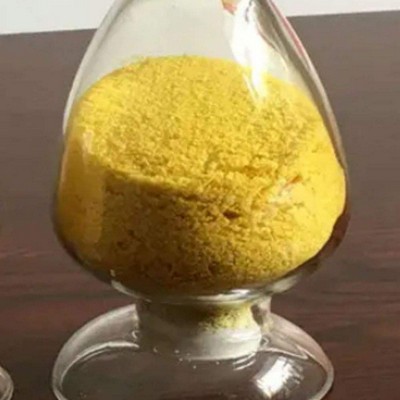
WATER-IN-OIL POLYACRYLAMIDE-BASED MICROEMULSIONS AND RELATED METHODS - Exacto, Inc.
Thus, nonionic polyacrylamides are used in situations where the anionics are incompatible with other molecules. The amount of charge is measured as a percent of the comonomer added. Thus, a polyacrylamide that is 30% acrylate and 70% acrylamide
Get Price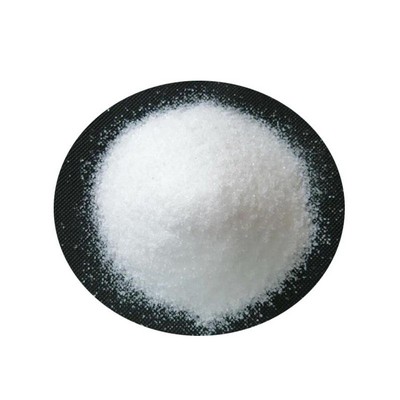
MALDI mass spectrometry analysis of high molecular weight proteins from whole bacterial cells: Pretreatment of samples with surfactants
Therefore, many recommend that deter-gents be removed before MS analysis [12–14]. Nilsson reported on the use of nonionic surfactant with different matrices for the analysis of proteins contained in the bacterial lysates and extracts using
Get Price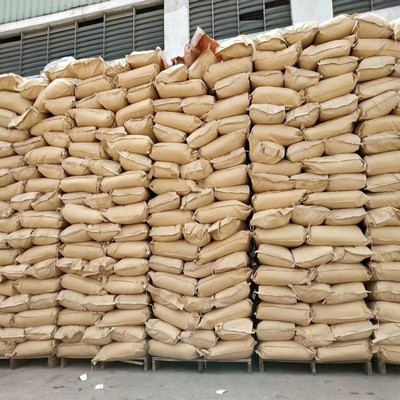
Pam Anionic Polyacrylamide.. Supplier from Cooking. Product Id 620748.
Name:PAM Anionic Polyacrylamide 1.CAS NO 9003-05-8 HS Code 3906901000 2.EINECS No 201-173-7 3.MF [CH2=CHCONH2]n 4.appearance white crystal powder 5.Specification: Polyacriylamide Anionic PAM 5-8 million Molecular weight:5-8 million Solid
Get Price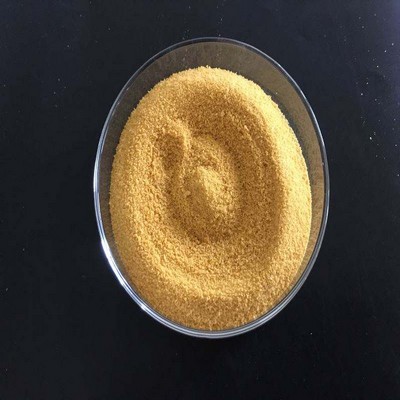
Dextran-Polyacrylamide as Matrices for Creation of Anticancer Nanocomposite - Hindawi
The branched water soluble copolymer dextran-graft-polyacrylamide in nonionic and anionic form has been used as nanocarriers for targeted delivery of an anticancer drug into tumor cells. The molecular parameters of the D70-g-PAA copolymer, as
Get Price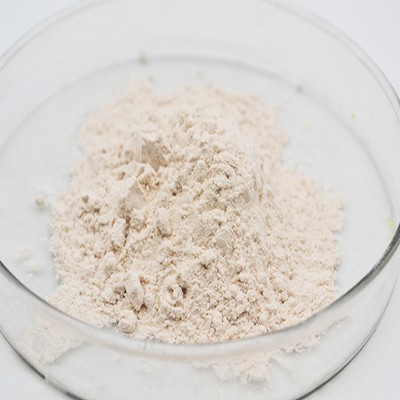
Bio-Gel® P Polyacrylamide Beads | Life Science Research | Bio-Rad
Bio-Gel P gels are autoclavable at pH 5.5–6.5 and operate over a pH range of 2–10 at room temperature. Flow rate and resolution increase with increasing temperature in the range of 4–80°C. The gels are compatible with dilute organic acids, 8 M
Get Price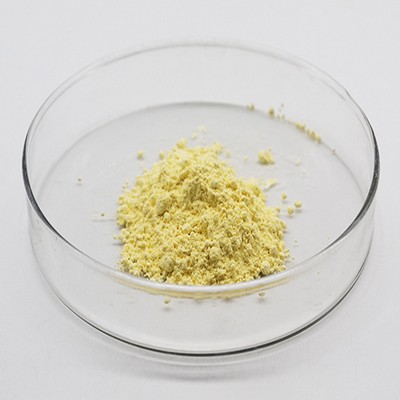
sample clean-up | Proteomics and Mass Spectrometry Core Facility - Sites at Penn State
No matter how much you dilute this solution, the molar ratio of Tris to protein will remain 10:1 while it should be 1:50 or less. For practical purposes, ‘essentially salt-free’ means that the total molar concentration of interfering species is
Get Price
Tertiary Oil Recovery (Enhanced Oil Recovery) - CHINAFLOC
Tertiary Oil Recovery (Enhanced Oil Recovery) Usually, only 30 percent of the oil from an oil well can be extracted using traditional methods, therefore, they are huge amounts of oil recoverable from the current extraction points or even already
Get Price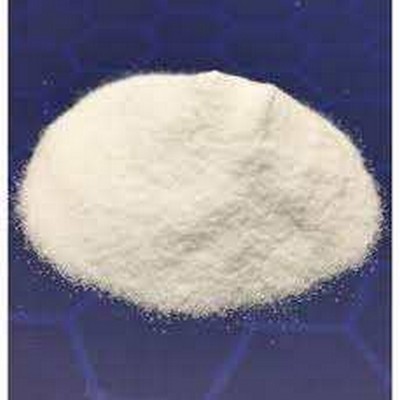
PubMed - Enhanced detection of in-gel released N-glycans by MALDI-TOF-MS
Many biologically relevant glycoproteins need to be separated on 1D- or 2D-gels prior to analysis and are available in picomole amounts. Therefore, it is important to have optimized methods to unravel the glycome that combine in-gel digestions
Get Price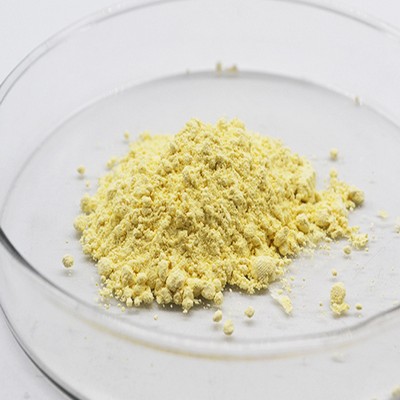
Polyacrylamide - Safe Cosmetics
Polyacrylamide is made up of repeating molecules of acrylamide, which is a suspected carcinogen. Trace amounts of acrylamide remain in polyacrylamide. Acrylamide is found in in lotions, powders and creams. [8],[9],[10] Daily exposure to
Get Price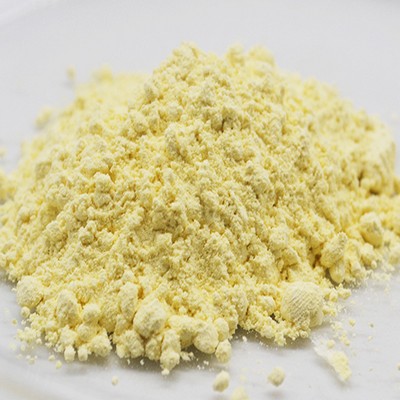
Dextran-Polyacrylamide as Matrices for Creation of Anticancer Nanocomposite. - Free Online Library
Free Online Library: Dextran-Polyacrylamide as Matrices for Creation of Anticancer Nanocomposite.(Research Article) by "International Journal of Polymer Science"; Engineering and manufacturing Cancer Care and treatment Cancer treatment
Get Price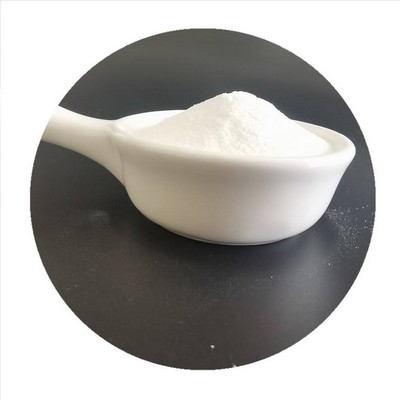
detergent removal | Proteomics and Mass Spectrometry Core Facility - Sites at Penn State
No matter how much you dilute this solution, the molar ratio of Tris to protein will remain 10:1 while it should be 1:50 or less. For practical purposes, ‘essentially salt-free’ means that the total molar concentration of interfering species is
Get Price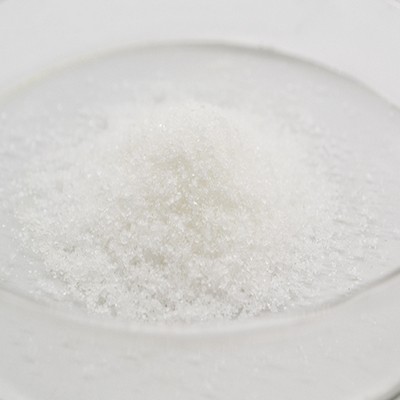
What is Expansion Microscopy?- Oxford Instruments
Expansion Microscopy (ExM) is an imaging protocol which allows conventional light microscopes to see sub-diffraction limited (<200 nm) or densely packed details which previously could not be distinguished. The development of this new modality
Get Price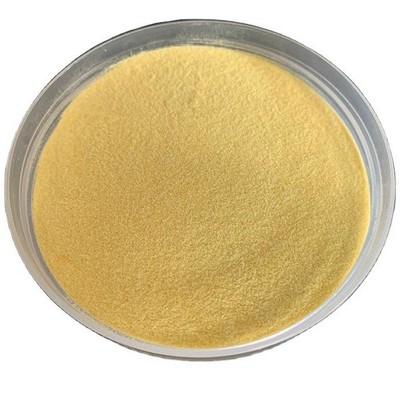
THE JOURNAL OF CHEMISTRY Vol. Issue June 25, pp. Printed in U.S.A. Preparation and Use of Synthetic Cell Culture Surfaces
THE JOURNAL OF BIOLOGICAL CHEMISTRY 0 1986 by The American Society of Biological Chemists, Inc Vol. 261, No. 18, Issue of June 25, pp. 85054513,1986 Printed in U.S.A. Preparation and Use of Synthetic Cell Culture Surfaces A NEW REAGENT
Get Price- Can CFD modeling be used in water treatment flocculation?
- The CFD approach can be applied to study the hydrodynamic behavior of the full scale flocculation system, and optimize the operational conditions at the limit or beyond design capacity. A review of CFD modeling in water treatment flocculation processes is presented by Bridgeman et al. .
- What is coagulation flocculation?
- The coagulation flocculation is considered the most important process in water surface treatment. Coagulation allows by the injection and the scattering of chemical (coagulants) during relatively intense mixing to destabilize naturally occurring particles and macromolecules and/or to precipitate additional particles (Mackenzie and Cornwell 1991).
- How does flocculation work?
- Introduction Flocculation is a crucial unit operation in drinking water and wastewater treatment. By using flocculation chemicals, the smaller destabilized particles are agglomerated into larger ones, known as flocs. Then, the flocs are separated by the solid-liquid separation process as filtration or sedimentation to decrease turbidity and color.
- Are settled turbidity removals dependent on flocculation conditions?
- Settled turbidity removals were dependent on the applied mixing conditions. Filtered turbidity was found to be independent of the investigated flocculation conditions, which calls into question the true value of mixing conditions with substantial implications on facility design, operation, and regulation.







